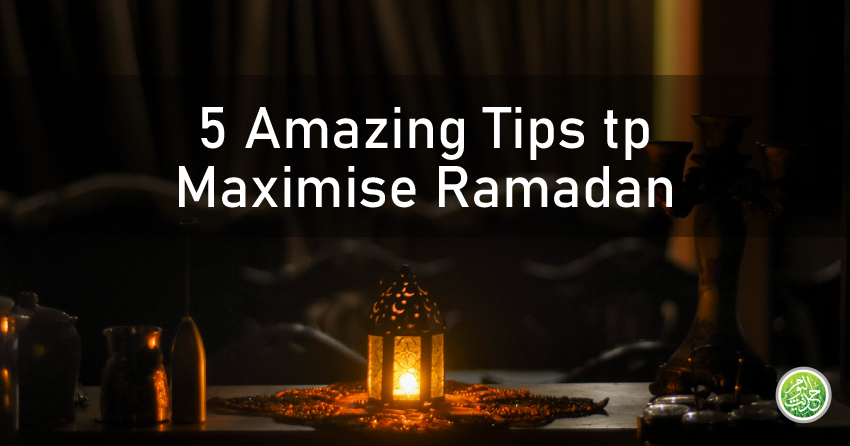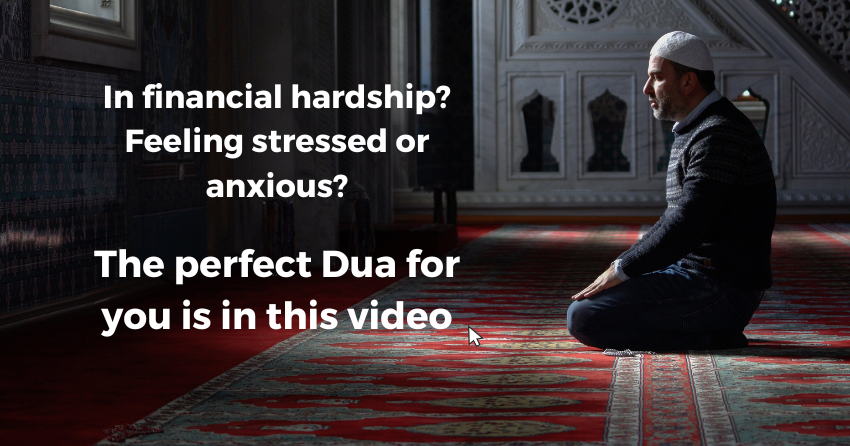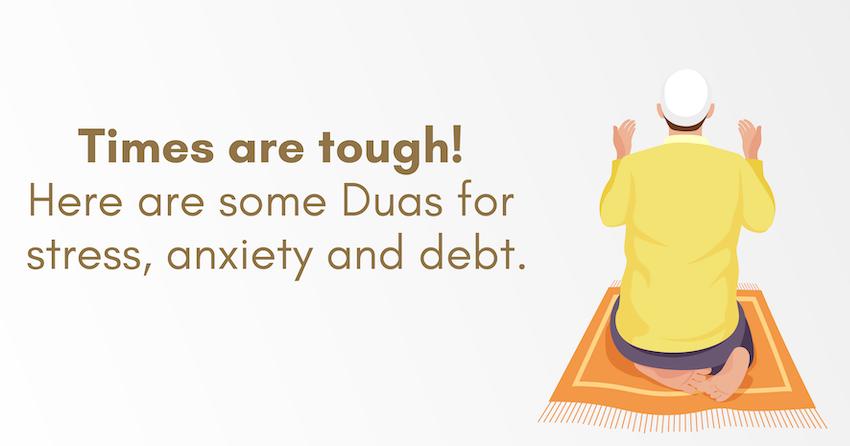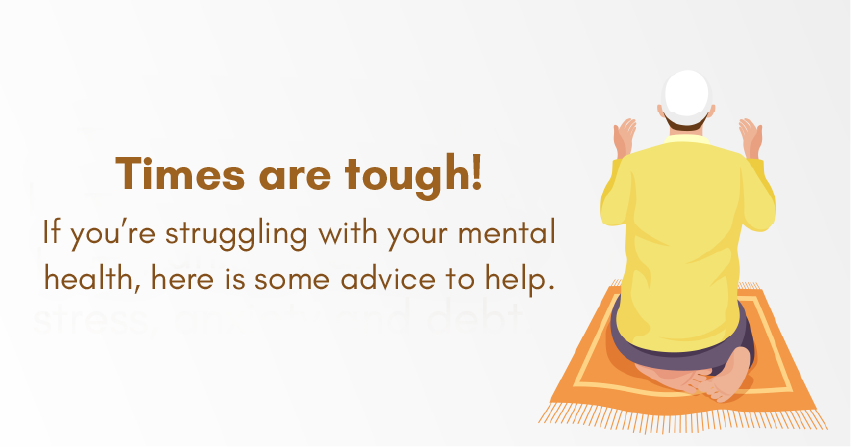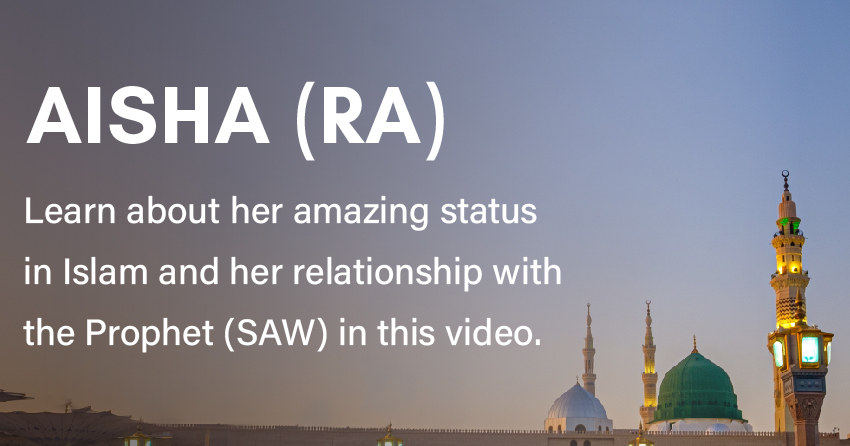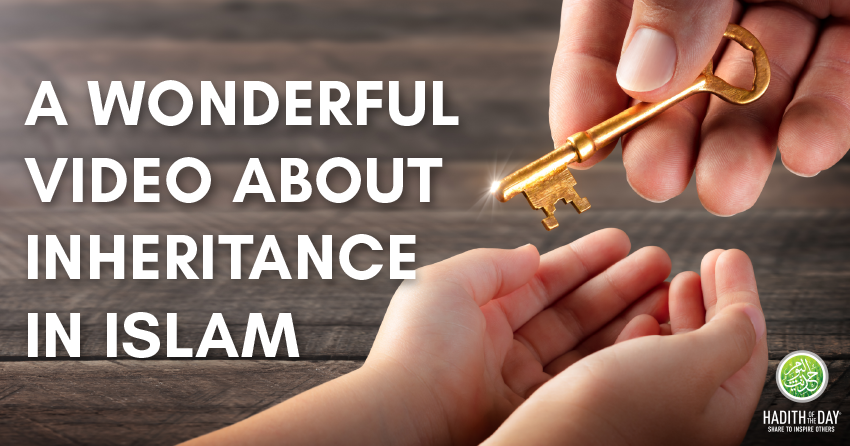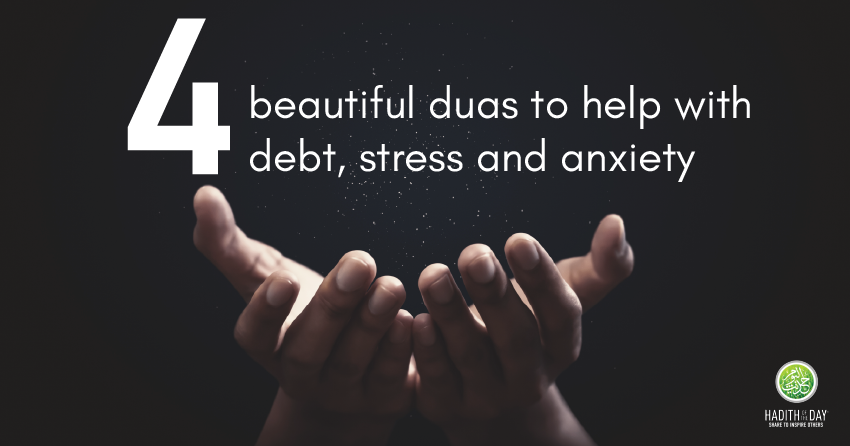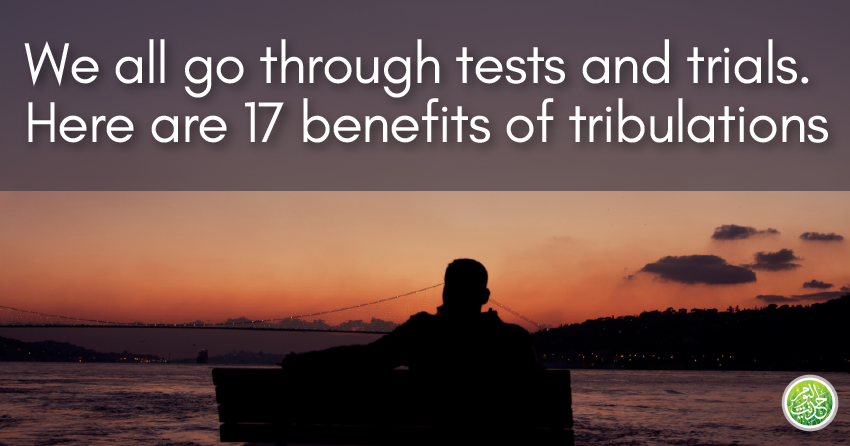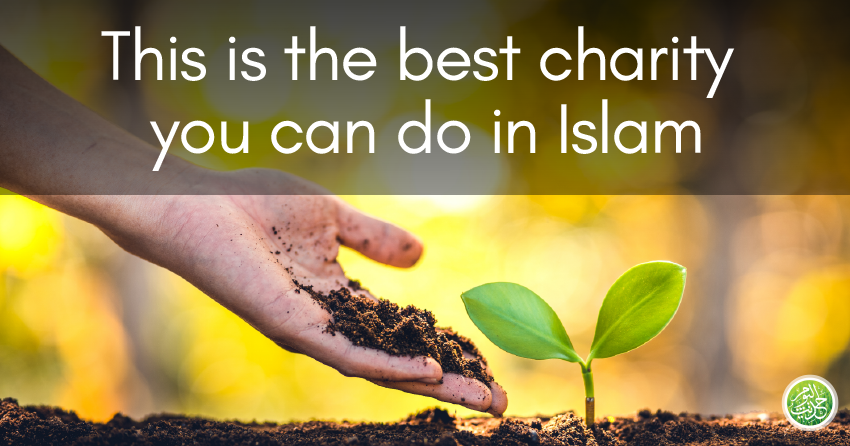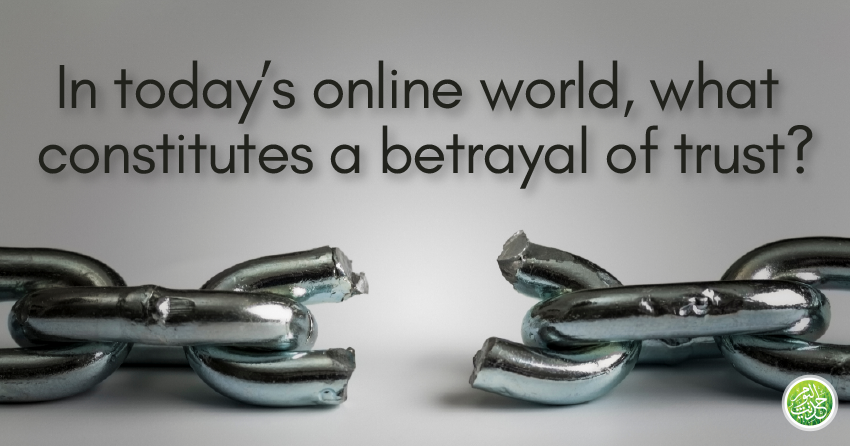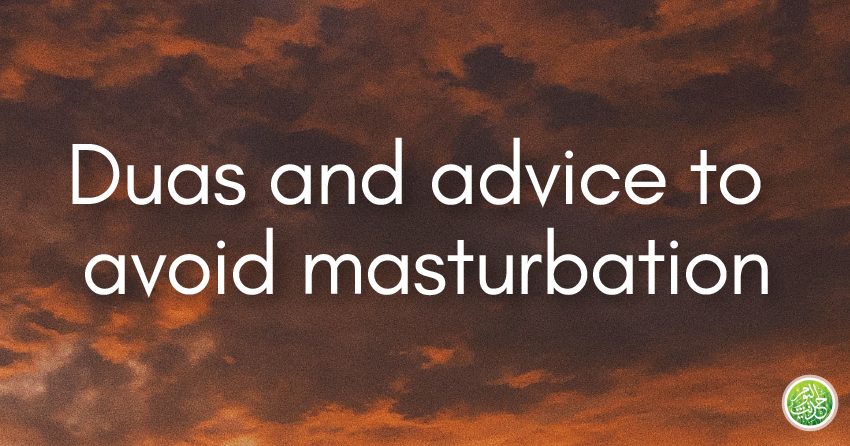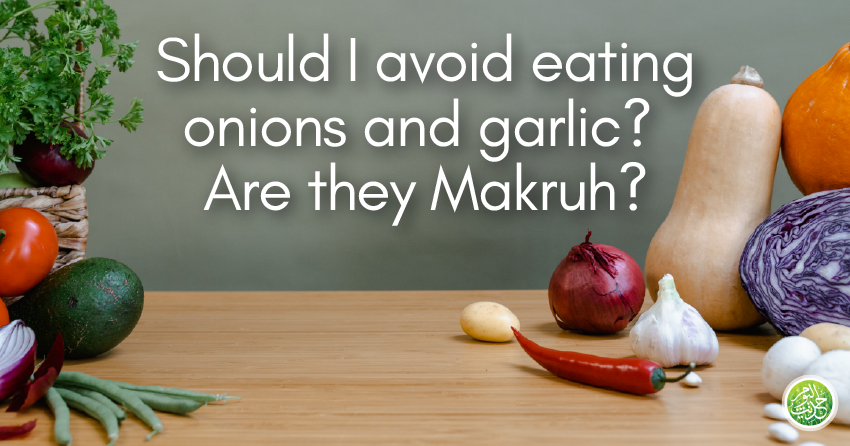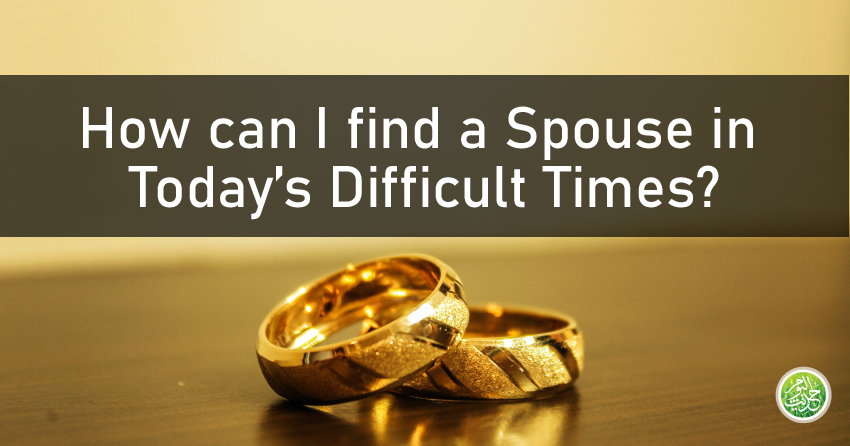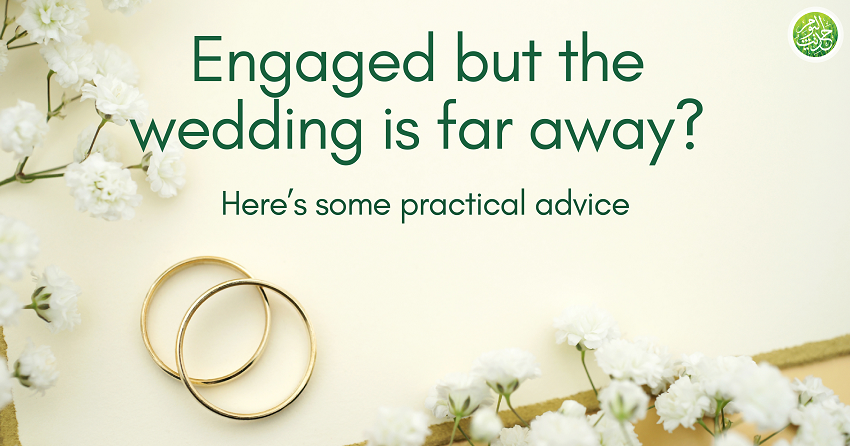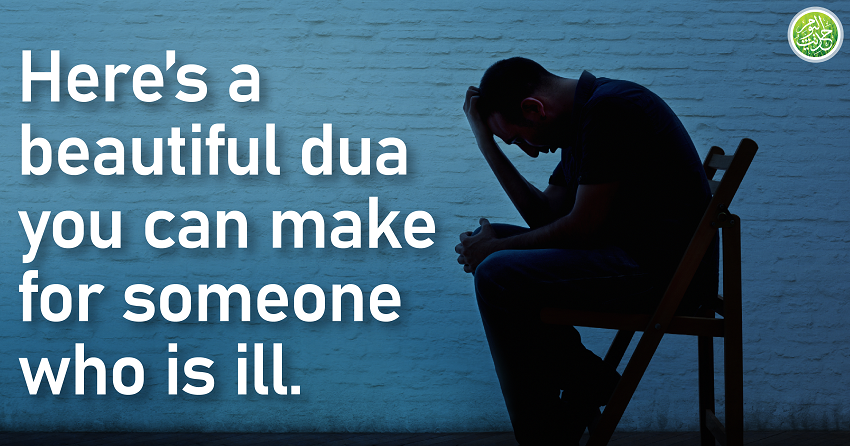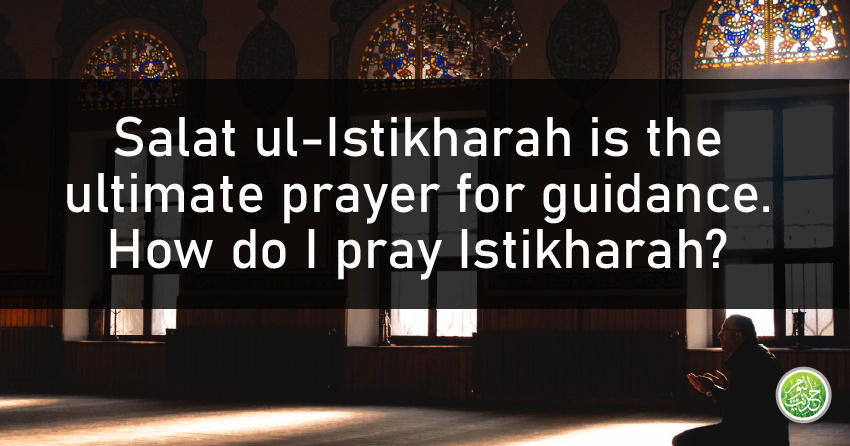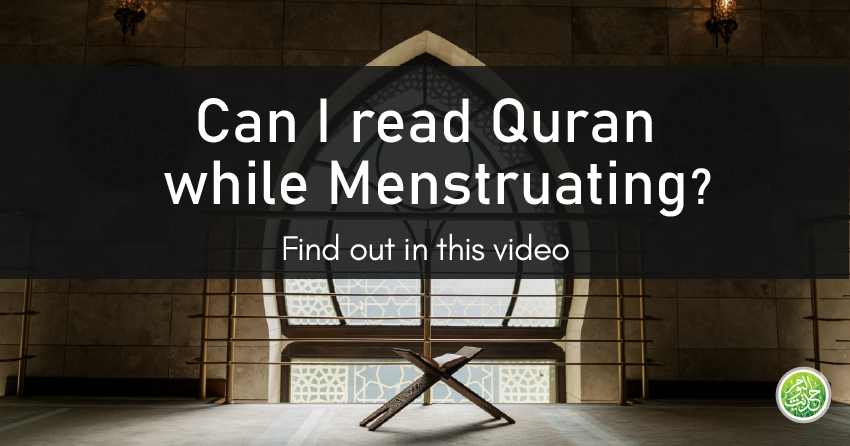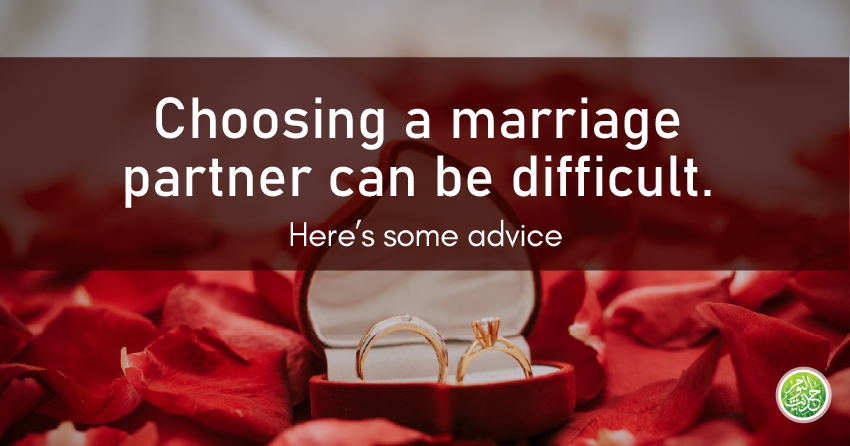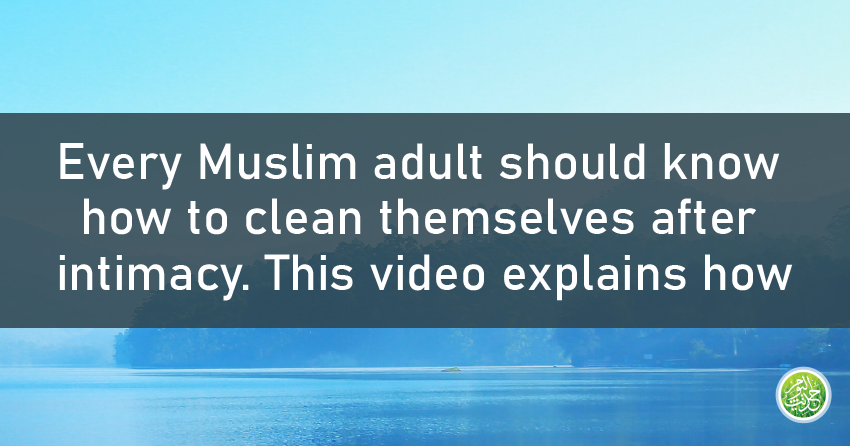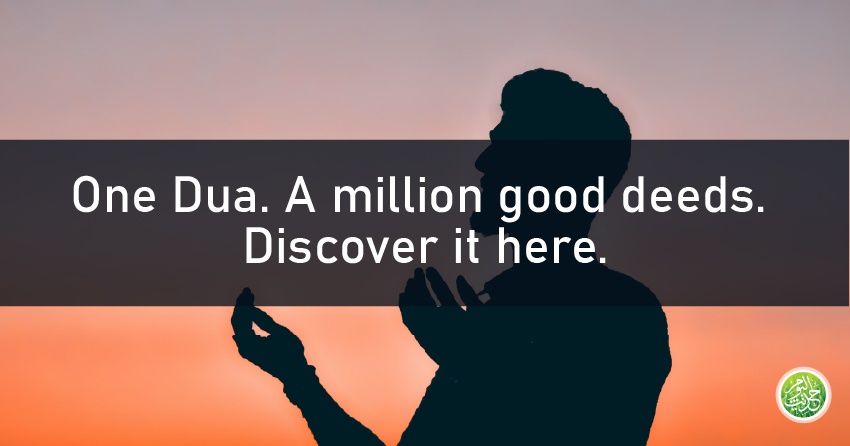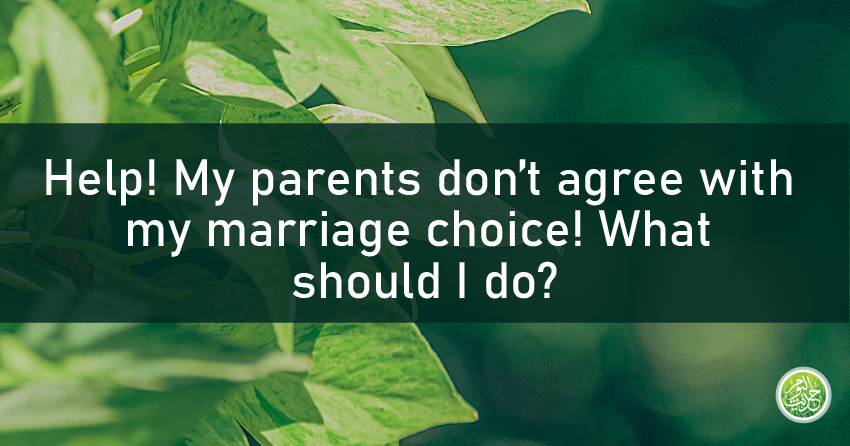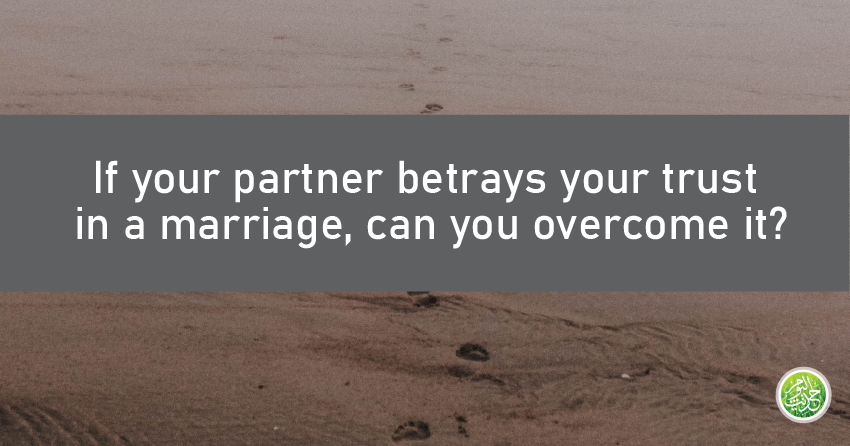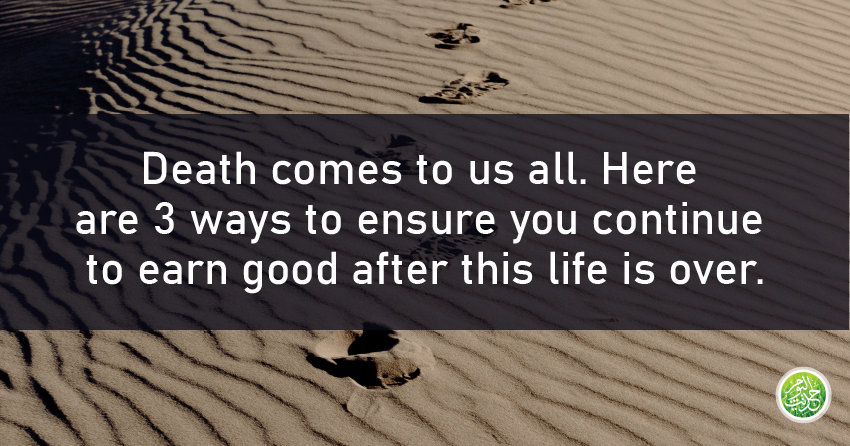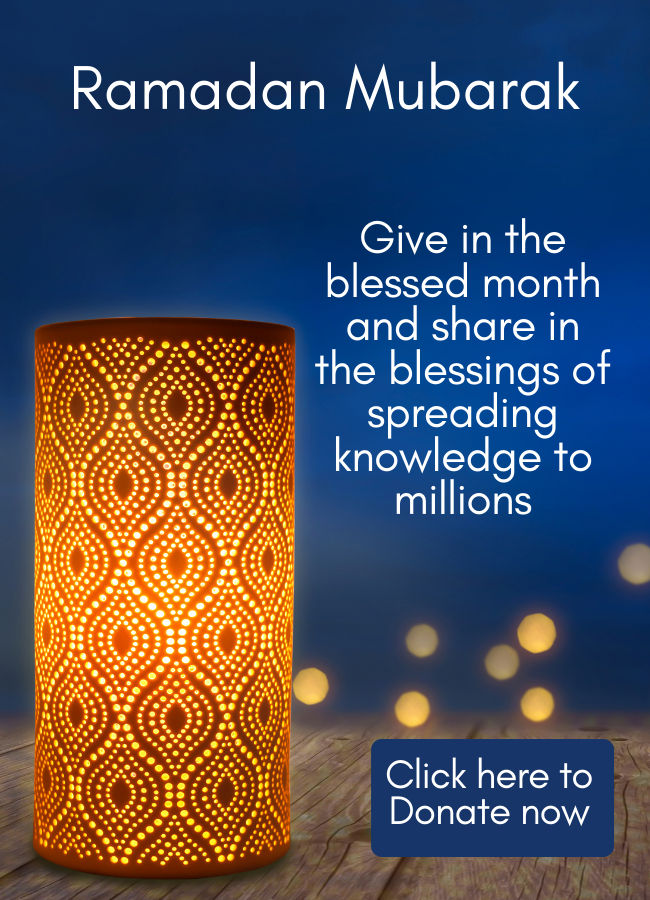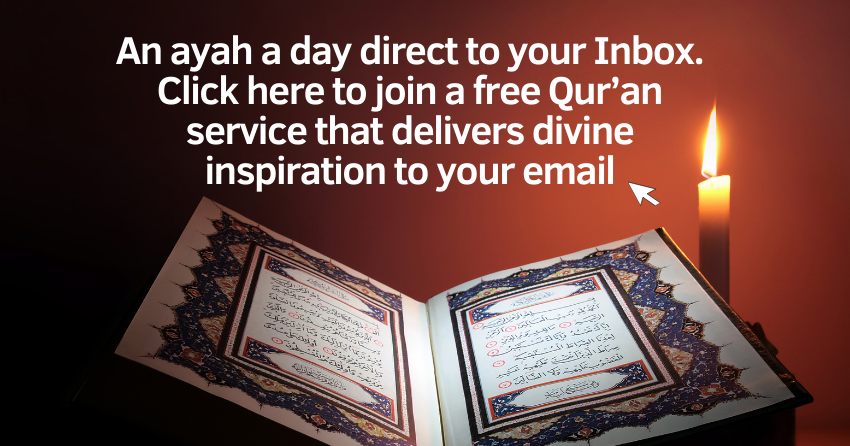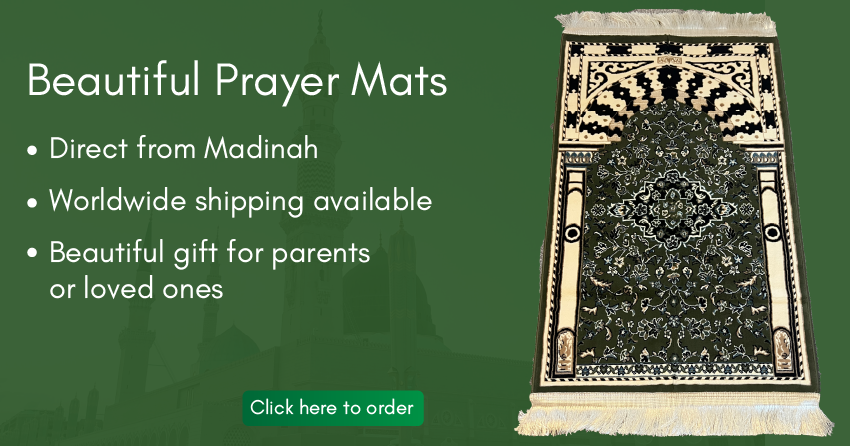Is deep, passionate love in marriage actually real?

10 Considerations when Searching for the One
“I’m afraid of getting married,” she told me. She, like the countless other women who had approached me, confessed what she thought was unique to her. “I’m constantly told by older married women that I should enjoy my life being single because marriage is a burden. I’ve never seen an example of a happy marriage. My married friends call me to complain about their husbands and ask me for advice. How am I supposed to know what to tell them?! I try to provide support, but all those conversations do is make me feel even more insecure about committing to someone in a marital relationship. I truly want to get married, but I’m honestly afraid of being unhappy.”
“Is it possible…” she trailed, her voice cracking, “Do happy marriages… you know, the ones in the movies where they can’t wait to be with each other, where they’re madly in love with each other…do they exist? Is hot, passionate, love even real?”
The amalgamation of her questions were the same which young women have consistently approached me with; their innate desires to get married often overshadowed by the fear of an unavoidable matrimony of suffering. Having little to no examples of passionate marriages in real life and being inundated with romantic love stories such as “The Notebook,” these young women have continuously posed the same questions, “Is it possible to be happy in a marriage? Is that physical, emotional passion, real?”
The answer? Yes! Yes, it is possible. Yes! It is real. While it may be problematic to compare a real-life relationship to the fake ones portrayed in a few hours of a movie, your marriage still can make Ryan Gosling’s and Rachel McAdam’s characters jealous of your fiery, playful, emotionally intriguing, physically flaming relationship.
Licensed Marriage and Family Therapist, Noha Alshugairi1 , provides wisdom based on research describing the ingredients required for such a relationship. She shares, “Psychologist Robert Sternberg describes 7 forms of love depending on how much passion, intimacy, and commitment the relationship contains. He describes the one that has all 3 factors as consummate love. This is the love that will withstand the test of time and will bring a couple the sakina (tranquil) marriage Allah describes in Surat ar-Rume.”
So, if it does exist, how can a single person seeking such love attain it in their future marital life? The beginning of the answer lies in helping ensure one marries the right spouse.
The following are 10 considerations one could make through this process:
- Know yourself.
- Knowing your priorities, your general life perspective, your own expectations in marriage, will help inform what you should be looking for in a potential spouse. Ask yourself: why do I want to get married? What are my needs in a relationship? What do I expect out of marriage?
- Also, understand that marriage is not the solution to your own deficiencies, nor will it be the solution to all your life problems. Work to develop your own self without expecting marriage to somehow mystically change your life. Marriage can be a great source of support and encouragement for self-improvement, but if we are not personally working on ourselves now, how can we expect that it will be easier with the additional baggage of another individual who is also imperfect?
- Prioritize your criterion.
- Create a list of core and extra qualities you need in a spouse. Also, understand what you absolutely cannot accept. As advised by Noha Alshugairi, “Really focus on core criteria that will make or break a marriage. If you are not sure about the difference between core and extra criteria, talk to people who are married or to professionals.”
- Know that some criteria are much more important for the success of a marriage than others and be reasonable when considering a potential. If the individual you are considering has everything you want except for the absolute most important item on your core list, then this person likely is not the one for you. Recognize that your list may change as you evolve as an individual. Keep a written copy so that you can consult your list over time and take note of those changes.
- “Engage your mind before your heart.”
- A phrase coined by Noha Alshugairi, this step aims to help one focus on finding the right person for a lifetime. In the thrill of considering a spouse, many people become blind to discernable signals that would have otherwise been obvious. Emotions have their place; but do not allow your emotions to control your decision. Use your mind to consider whether this person is logically the right choice for the rest of your life, while consulting your heart to make sure it is comfortable with your decisions. Making sure everything checks out is much more difficult to do when one is blinded by emotion; don’t get caught up in the excitement, only to crash once you get married and realize the person you live with is not the one you should be with.
- Understand that taqwa (God consciousness) is not enough, and compatibility is a requirement.
- Let’s consider this idea: if a God-conscious person takes a class in college, yet they do not do any of the coursework or they do not do well on their exams, will they miraculously get a good grade in the class simply because they pray five times a day? Unlikely. Then how much more true is this in a marriage!
- Taqwa alone is not enough; the prospect needs to be compatible as well. The marriage of Zayd and Zaynab, both incredible companions of the Prophet ﷺ (peace be up on him) who surpassed us all in their piety and good character, is an example of two great people who divorced simply due to their incompatibility. Thus deliberate: are we both considering expectations in similar ways? Religiously, are we aligned in our perspectives and goals? Is this person really good for my growth as an individual? For my mental, physical, emotional, and spiritual health and security? Will they be a parent? Do we share similar interests and perspectives? Will they be good for my family?
- Recognize the importance of pre-marital counseling with a qualified marriage and family therapist and ask questions.
- Speak to a professional therapist; not an Imam (unless they’re professionally qualified). Not a friend, unless they’re a marriage counselor. Someone who is trained, experienced, and who knows how to help you identify important issues and develop strategies to help you both ensure you’re marrying the right person for you and that you’ll, God willing, continue to feel that thrill with years after you’ve tied the knot.
- Ask questions which will help you understand the Potential’s perspective on life and marriage. 150 sample questions may be found in Munira Lekovic Ezzeldine’s book: Before the Wedding.
- Prepare for your lifetime; not just a one time event.
- Oftentimes, both parties focus completely on preparing for the wedding, pouring money and time into a few hours of the start of their lives together, without investing on preparing for their lifetime together. Pre-marital counseling, speaking with married couples, reading books and researching what makes marriages thrive are avenues few new couples have engaged.
- Read books on the communication styles of men and women, on love languages, on successful marriages and fulfilling the needs of one another. Readings recommended by Noha Alshugairi:
- The 5 Love Languages by Gary Chapman
- Marital Myths Revisited by Arnold Lazarus
- Things I Wish I knew Before We Got Married by Gary Chapman
- The Seven Principles for Making Marriage Work by John Gottman
- Observe the Potential and keep things on the down low.
- Observe them, consider their reactions when they’re frustrated or embarrassed; it is likely that their unconscious reactions will be the habits they’ve instilled. If there is something you do not like, never expect that it will be something that they will change. They may initially, if they like you enough to want you to marry them. However, be very cautious as this type of change can be fleeting, and when reality kicks in after the marriage, it would have been a red flag you should have taken seriously.
- If you’re considering someone for marriage, do not share it with the world. Don’t post it on Facebook and tell random people in casual conversations. Keep your affairs private, with the exception of those who matter through this process. Protect yourself and the person you’re considering from simply being something to talk about. This is serious business; appreciate and respect one another’s privacy.
- Consider the roles of your parents, and own your decision.
- Parents play different roles often based on their background and this can impede a marriage or help it succeed. Consider your parents’ roles in your courtship process and also openly discuss their roles in the life of you and your future spouse. Will you live together? Will you be expected to choose between the preferences of your parents or in-laws versus the preferences of your spouse? Where do you and your future spouse’s priorities lie in relationship to parents? Answers to these questions may help you decide whether a Prospect is worth considering.
- Remember: You are the one living with this decision for the rest of your life. Make sure it is you who is completely certain of this being the right choice; pressure from parents or any others can lead to a life of misery. Own your decision for your own self, regardless of how difficult it may be to deal with the way others react.
- Discuss expectations.
- With the instability of the economy and the ever-changing roles of men and women’s educational and career pursuits, the once “obvious” division of responsibilities requires clarifications. What responsibilities are specific to the husband, to the wife, and to both as a team? Who will work, or will both? How do you consider raising kids? For how many years will one/both support the other in their educational or career pursuits? Who is responsible for what types of housework? A clear discussion of these issues may help ease tensions that can arise when there were unstated expectations one or both parties had entering the relationship.
- Pray istikhara (prayer seeking guidance).
- Consult God about your decision. You may not see any obvious signs of why this is or is not the right person, but you may feel it in your heart. Beyond the jittery feelings of excitement or nervousness, your heart may speak to you about its level of trust and comfort in this matter.
- Someone I know continually felt that the person she was engaged to marry was the wrong guy. She spoke to her parents multiple times, but each time they dismissed her concerns and convinced her he had everything she was looking for. She could not pinpoint why she felt something was wrong and continued with the marriage. She tried to convince herself that her parents were right and she did not have a solid reason to say no, despite the fact that she did not feel good about it. Within one year, she realized the “pious” and “good-character” man everyone thought she was marrying was a front for who he really turned out to be. Her marriage ended in divorce and her parents felt guilty about taking her pre-marriage concerns so lightly. Her heart had spoken to her after making istikhara, but she had continually ignored its messages because of the pressure she felt from others. Listen to your heart and trust your intuition.
Original Source: http://www.virtualmosque.com/relationships/marriage-family/spouse/is-hot-passionate-lovereal/
Since You’re Here… we have a small favour to ask.
In these extraordinary times, millions rely on HOTD for daily uplifting & inspiring content. Established since 2009 and with your kind support we’ve seen readers elevate their Imaan & strive for better on a daily basis. We’re committed to keeping our content freely available and open for all readers. Every contribution, however big or small, makes a difference and help us spread knowledge to millions daily
HOTD is something special, it’s a place where people can come to be inspired, to renew their faith, to learn and share knowledge, to fall in love with our faith and also our Prophet (peace and blessings be upon him and his family).
All content on HOTD is free. We believe what we do in this life builds for the next one and we work tirelessly with the aim to please Allah and inspire the global Muslim community as
well as providing information and inspiration for anyone interested in Islam. We simply cannot do this without your support and your support helps us continue our services.
If there were ever a time to join us, it is now. You can support HOTD and help sustain our future. Support Hadith of the Day and make a one-off donation or give regularly from as little as £10 a month Jazak’Allah Khayr – whatever you donate will come back to benefit you Insha’Allah as whatever is spent in the way of Allah is an investment in the future and the next life. Thank you.
















